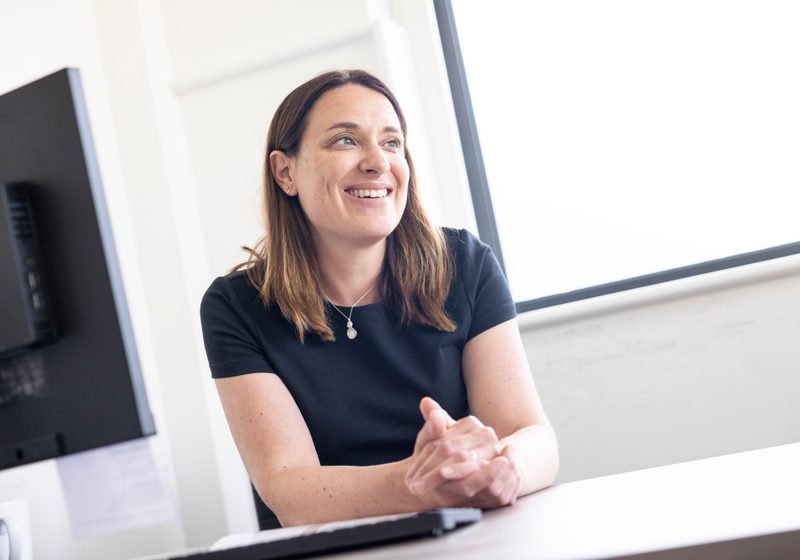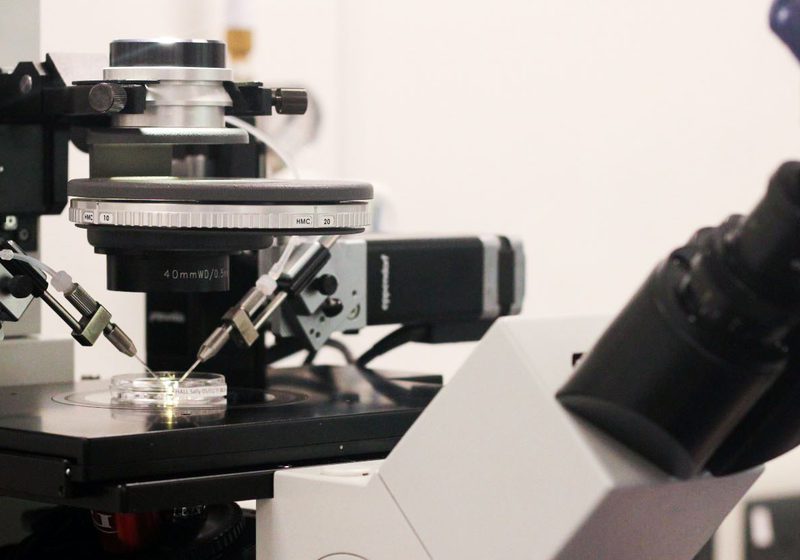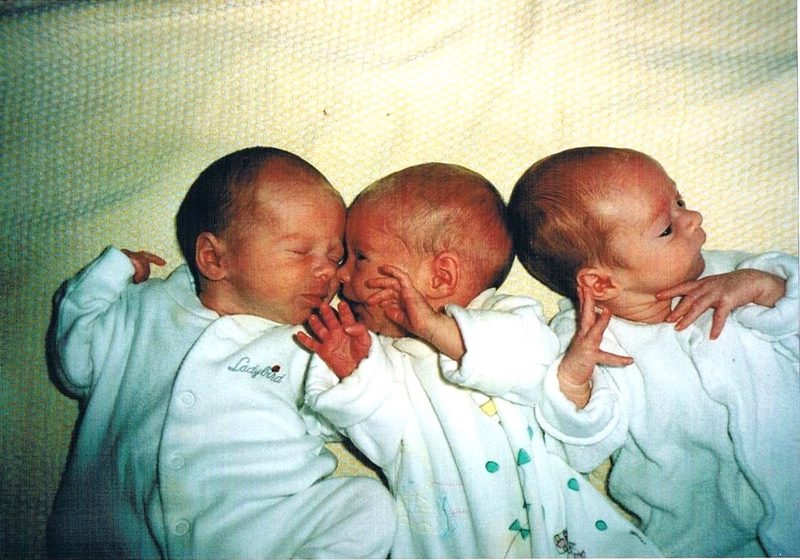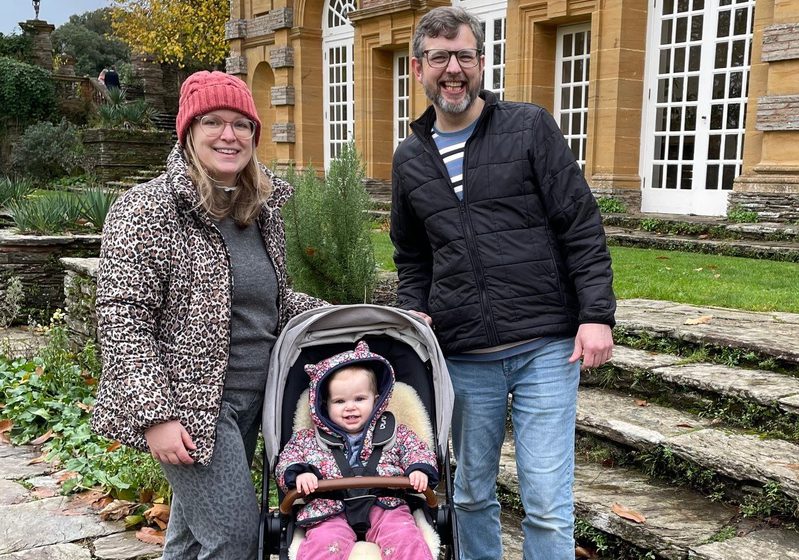News & Blog

Colleen Kennedy and Chris Weaver’s first baby was born in 2014, when she was 30 and he was 29: a natural conception after a year of trying. But when they were ready for baby number two the couple were dismayed that Colleen didn’t fall pregnant and perplexed when tests arranged by their GP couldn’t explain why. “Our lovely baby boy, Ren, was born at the end of June 2025 and we’re all enjoying him so much. Belle, who is now 10, is a proper ‘little mother’ and simply adores him.

Staff at Bristol fertility clinic BCRM have received a timely thank-you from a Portishead couple who on Christmas Day will mark the first anniversary of the start of their IVF journey and are “over the moon” to be sharing this year’s festivities with their 14-week-old IVF “miracle baby” Noah.

A pair of first-time IVF parents from Bristol credit work colleagues who introduced them to a fertility clinic where they got “answers we didn’t know we needed” for the arrival of their baby son. Georgie Jones, a nursery administrator from Bedminster Down, was 28 when she and her partner David Hackett, a client manager in financial services, started trying for a baby, and she said she was surprised when nothing happened.

The Gloucestershire NHS Integrated Care Board (ICB) has confirmed that patients in need of fertility treatment can now attend Bristol Centre for Reproductive Medicine (BCRM) for their care. The addition of the Aztec West-based clinic means that patients from Gloucestershire who are struggling to have a baby and who meet the access based criteria for assisted reproduction treatment, are able to attend BCRM for fertility treatment including IUI and IVF, following assessment in their NHS fertility assessment clinic.

Advances in modern medicine have created numerous assisted reproductive technologies to help people overcome fertility challenges. Two such treatments are in vitro fertilisation (IVF) and intra-cytoplasmic sperm injections (ICSI). But what’s the difference between them, and which one is right for you? In this article, we explain each treatment in more detail, highlighting how they differ and why one may suit you better. Keep reading to learn all you need to know about IVF and ICSI.

Among the guests at BCRM’s celebration of ’40 years of made-in-Bristol IVF babies’ were some pioneering parents who had their treatment decades ago. Here, one such mum, Maggie, shares her story. “My husband and I started trying for a family in 1985 when I was nearly 33. “Ten years later, by which time we were on the two-year waiting list for IVF treatment, we conceived unexpectedly and were delighted to become parents to a baby girl. “When our daughter reached 18 months we wanted to try for a second baby, but I was 44 by then and IVF was not available to women over 45 so, with the clock ticking, we decided to pay for private treatment at Bristol Centre for Reproductive Medicine (BCRM).

Guests at the party held last year to celebrate the milestone of 40 years of IVF babies ‘made in Bristol’ included one family whose own IVF ‘baby’ is now 23 years old. His parents were among many attendees who grabbed the chance to tell the team at Bristol Centre for Reproductive Medicine (BCRM) how very grateful they are for their support to have a baby at a time when it looked like that might not happen. “Motherhood has been all I hoped it would be and more,” said dental nurse, Sharon. She also shared her recollections of what it was like going through fertility treatment at Bristol Centre for Reproductive Medicine (BCRM) two and a half decades ago.

When a couple with an IVF daughter decided to share the story of their fertility treatment to give hope to others struggling to have a baby they were also keen to highlight the courage of the medical staff who supported them during the pandemic. Lizzie said: “We feel they were very brave, simply in carrying on doing their jobs at Bristol Centre for Reproductive Medicine in that climate.
